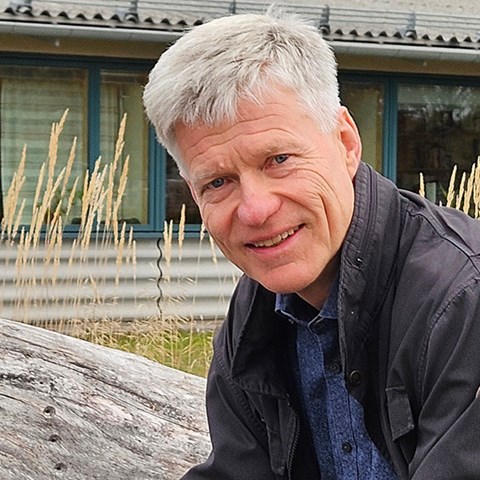Facts:
The 'Letter from the Dean' is written by the Dean, the Deputy Dean and the Vice Deans at the NJ faculty.

New Challenges for Food Production Require New Cultivation Methods
Significant changes are needed in agriculture to address and adapt to the challenges facing society. Climate change, banned or ineffective pesticides, and biodiversity loss in landscapes must be managed, all while the demand for food increases.
Current farming practices have contributed to some of the very problems that now need solving, making it clear that there is a need to develop radically different cultivation methods and agricultural inputs. However, much remains unknown about how these methods should be designed and integrated into functional farming systems. Moreover, it is not always obvious how new methods will impact the challenges they aim to address, both in primary production and the broader food system. Tackling these issues often requires interdisciplinary collaborations, engaging researchers across departments and programs.
The faculty manages several infrastructures essential for maintaining SLU’s position as a key knowledge source and research partner within academia and agriculture. These infrastructures enable researchers to test hypotheses and translate innovations into practical solutions for agriculture. As technology evolves, the demand for these infrastructures to deliver high-quality data quickly increases across various disciplines.
Although SLU excels in agricultural research, we are relatively small in terms of applied research, where strong infrastructures are especially crucial. Recent external reviews indicate that our infrastructures are functioning well and hold significant value, but there is much to gain from improved coordination.
Therefore, the Dean has decided to launch an Agricultural Field Research Program starting in January 2025 to consolidate our activities. The program will be led by a program manager in collaboration with the heads of the included units. While we aim to expand the program over time, it will initially include:
The overarching goal of the program is to strengthen applied agricultural research and increase its impact in society. This will be achieved through shared, quality-assured data management routines, enhanced coordination between field research units, improved capacity for infrastructure funding applications, and better alignment with technological, methodological, and skill developments.
My hope is that this initiative will position us among the leading institutions in Europe for agricultural field research and that our infrastructures will be better utilized for both research and education—especially by researchers unfamiliar with field trials or focused on more basic science. I also believe that this effort will increase our significance for Swedish agriculture.
Best regards, Göran Bergkvist, Vice Dean
The 'Letter from the Dean' is written by the Dean, the Deputy Dean and the Vice Deans at the NJ faculty.